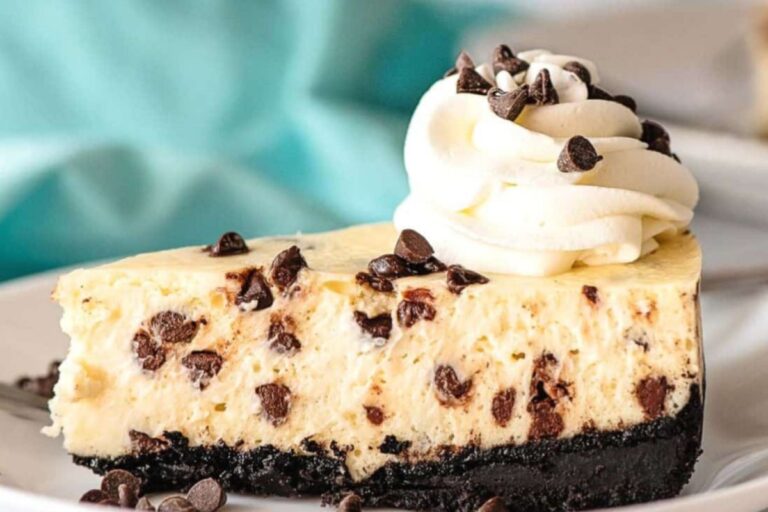Food Fads That Are Actually Good for You (And Some That Aren’t)
Food trends come and go, but not all are worth the hype. While some food fads are packed with nutrients and can boost your health, others might not be as beneficial as they seem. It’s important to know which trends to embrace and avoid.
In this article, we’ll explore some popular food fads that are genuinely good for you and a few that might not live up to their healthy reputation. Let’s dive into food fads and separate the good from the bad.
Smoothie Bowls
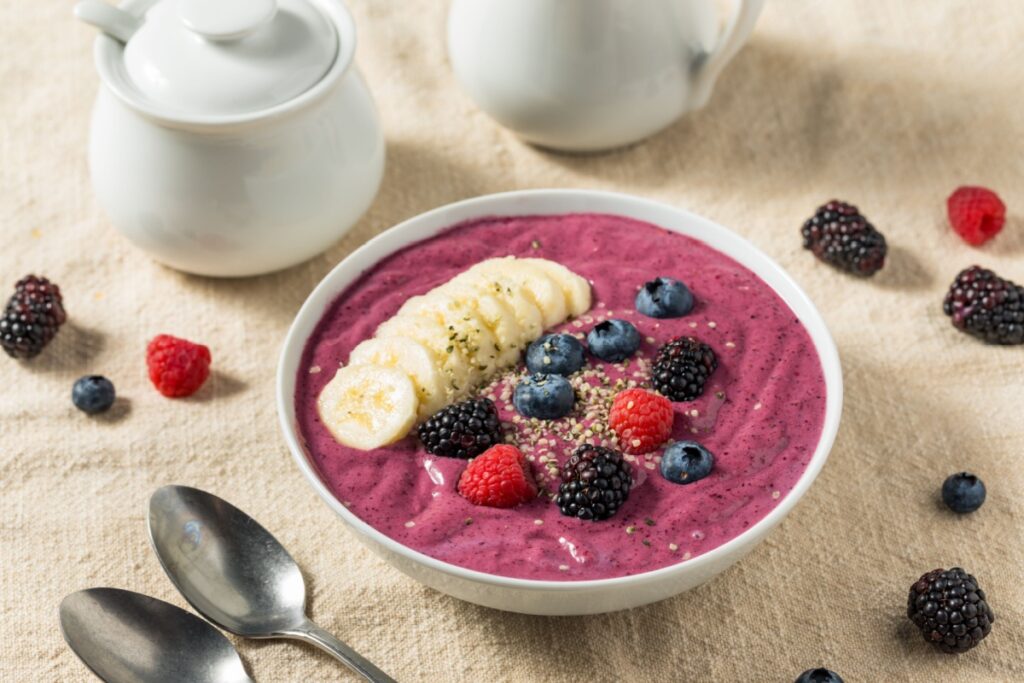
Smoothie bowls are a fun twist on traditional smoothies. They are packed with fruits, vegetables, and healthy toppings like nuts, seeds, and granola. They are a great way to add fiber, vitamins, and antioxidants to your diet. The added texture from toppings can make your meal more satisfying than drinking a smoothie.
However, be careful not to overload your bowl with sugary or high-calorie ingredients like too much honey or chocolate chips. Stick to wholesome toppings like chia seeds, almond butter, and fresh fruit to keep it nutritious. This food fad is a winner when done right.
Avocado Toast

Avocado toast has become a staple breakfast option, and for good reason. Avocados contain heart-healthy monounsaturated fats, fiber, and vitamins like potassium. Adding whole-grain bread boosts the fiber content, making it a filling and nutritious meal.
Topping it with extras like a poached egg or smoked salmon can add protein and extra nutrients. Just be cautious with portion sizes since avocados are calorie-dense. This trend is good for your heart and overall health as long as you keep it balanced.
Kombucha

Kombucha, a fermented tea drink, is often praised for its probiotic benefits. It can support gut health by introducing good bacteria into your digestive system, which may improve digestion and boost your immune system. It’s also low in calories and can be a good alternative to sugary drinks.
However, some store-bought versions contain added sugars, so it’s important to check the label before buying. If you enjoy the taste and choose a low-sugar option, kombucha can be a healthy addition to your diet. But it’s not a miracle drink, so don’t expect it to solve all your health issues.
Gluten-Free Diet
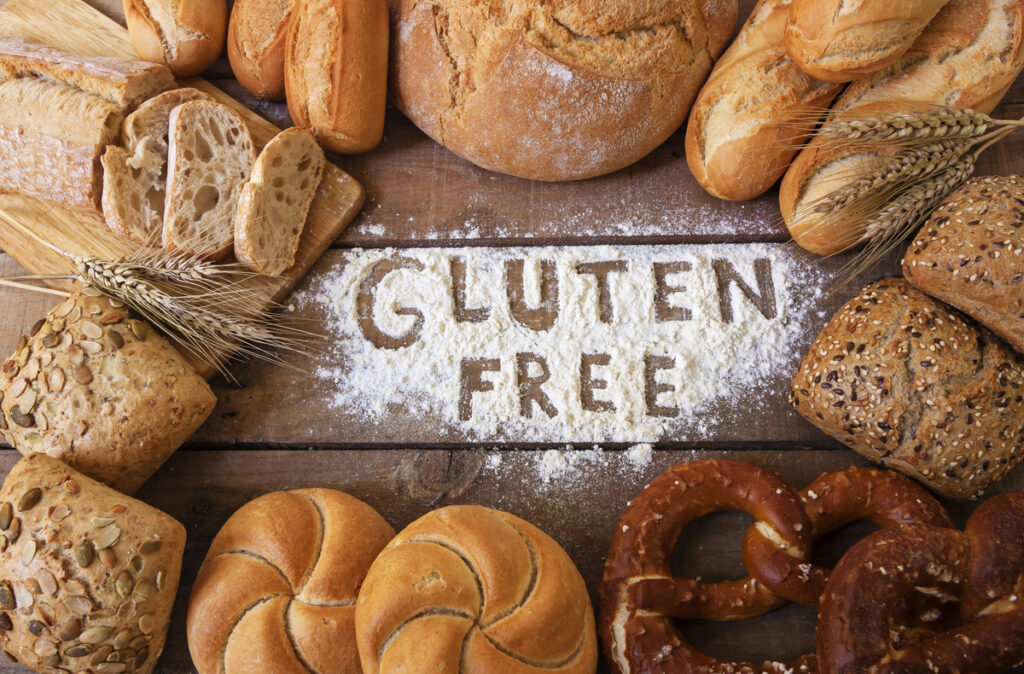
A gluten-free diet is essential for people with celiac disease or gluten intolerance. However, cutting out gluten is unnecessary for most people and can lead to missing out on important nutrients in whole grains. Gluten-free doesn’t automatically mean healthier; many processed gluten-free products are high in sugar and unhealthy fats.
Whole grains like barley, wheat, and rye provide fiber, B vitamins, and iron, which are important for overall health. Unless you have a medical reason, sticking to a balanced diet that includes gluten is better. Going gluten-free without reason can do more harm than good.
Plant-Based Meat Alternatives
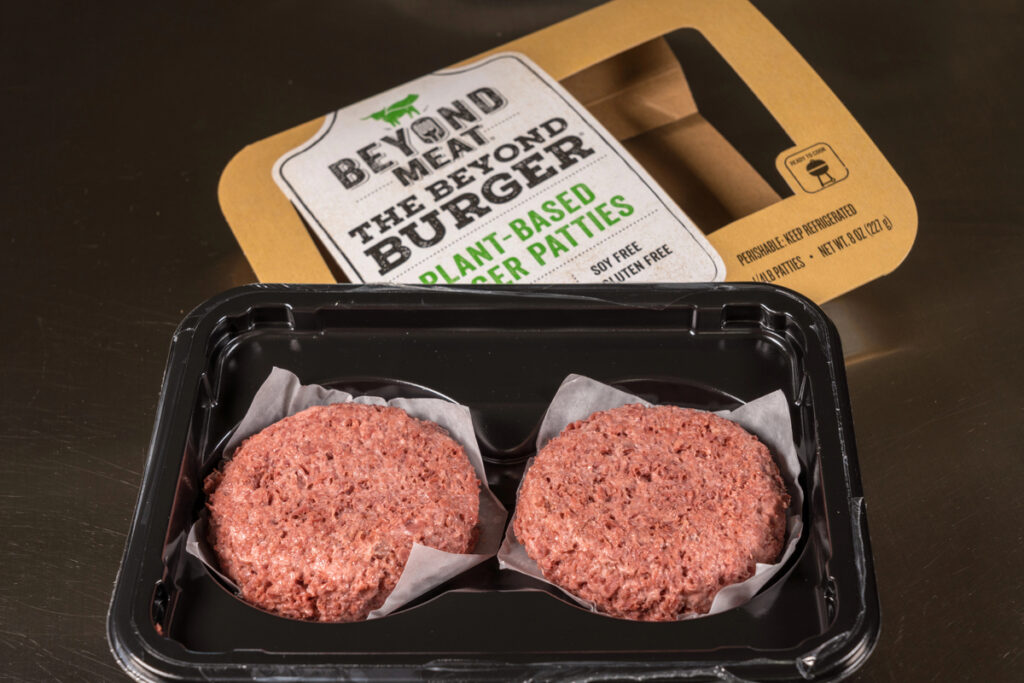
Plant-based meat alternatives, like those made from soy or pea protein, are gaining popularity. They offer a way to reduce meat consumption and help the environment without giving up the taste of burgers or sausages. These alternatives are often lower in saturated fat and can be a good source of protein.
However, they can also be highly processed and may contain added sodium, so they’re not always the healthiest option. When choosing plant-based meat, look for products with simple, whole ingredients and avoid overdoing it. Overall, it’s a good option in moderation.
Activated Charcoal
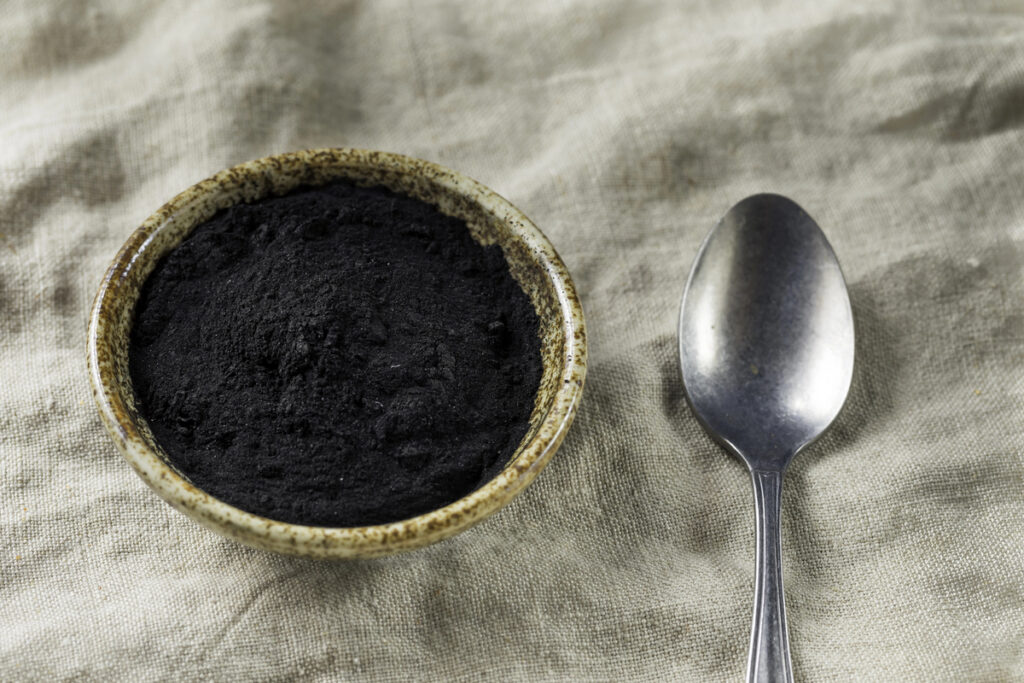
Activated charcoal is often added to drinks and detox products, claiming to cleanse the body of toxins. While it’s true that activated charcoal can bind to certain toxins, it can also bind to important nutrients and medications, reducing their effectiveness.
There’s no scientific evidence to support its use as a daily detox method, and it may even lead to digestive issues. Unless you’re under medical supervision for poisoning, it’s best to skip this trend. Your body is already equipped to detoxify, so this fad isn’t necessary.
Juicing
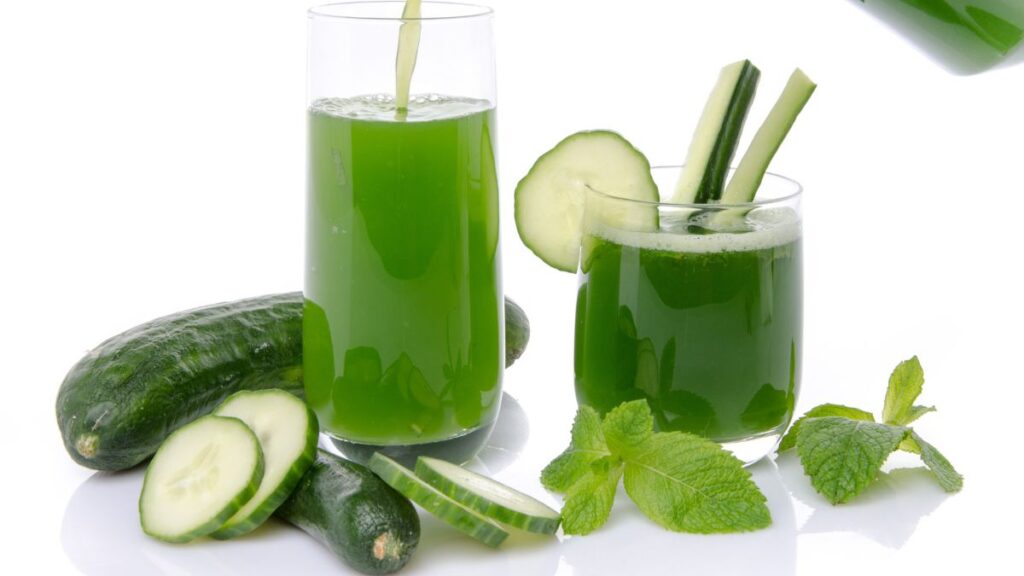
Juicing is a popular way to consume many fruits and vegetables in a single serving. While it can help you get more vitamins and minerals, juicing removes much of the fiber in whole fruits and vegetables. This can cause blood sugar spikes if your juice contains mostly fruit.
A better option is to enjoy whole fruits and vegetables or blend them into smoothies to retain the fiber. If you love juice, keep it as an occasional treat rather than a replacement for whole foods. Overall, juicing isn’t as healthy as it’s made out to be.
Intermittent Fasting
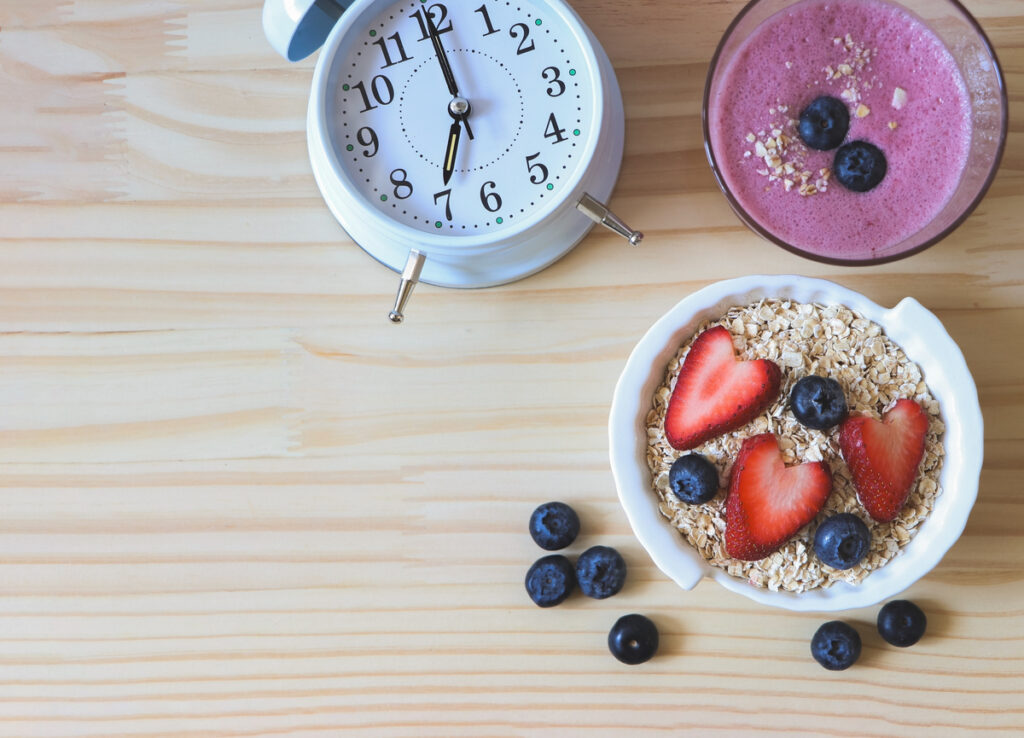
Intermittent fasting has gained popularity for its potential benefits, such as weight loss and improved metabolism. Limiting your eating window may help regulate blood sugar levels and promote fat burning. However, it’s not for everyone, and some people may experience headaches, irritability, or fatigue, especially in the beginning.
It’s also important to ensure that you eat balanced, nutritious meals during your eating window. If done correctly, intermittent fasting can be a healthy lifestyle change, but it’s not a one-size-fits-all solution. Always listen to your body and consult a doctor before trying it.
Celery Juice
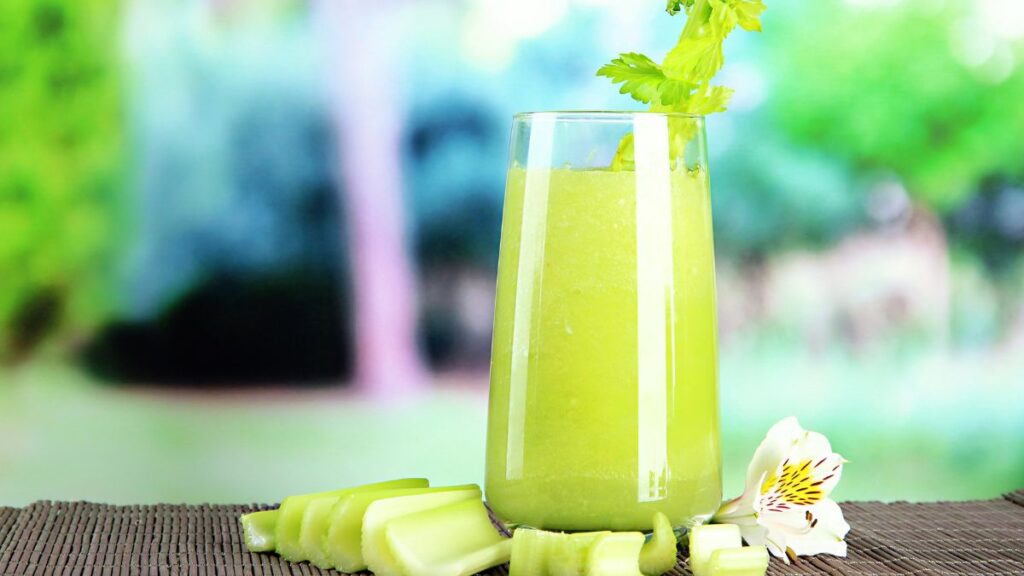
Celery juice has been promoted as a superfood with claims of reducing inflammation, improving digestion, and boosting energy. While celery is a healthy vegetable, no strong evidence supports the extraordinary claims about drinking its juice.
Celery juice is low in calories and can be hydrating, but it doesn’t offer any special health benefits that you can’t get from eating whole celery or other vegetables.
Plus, drinking too much celery juice may cause digestive issues for some people. It’s a harmless fad but not as powerful as it’s made out to be.
Coconut Oil
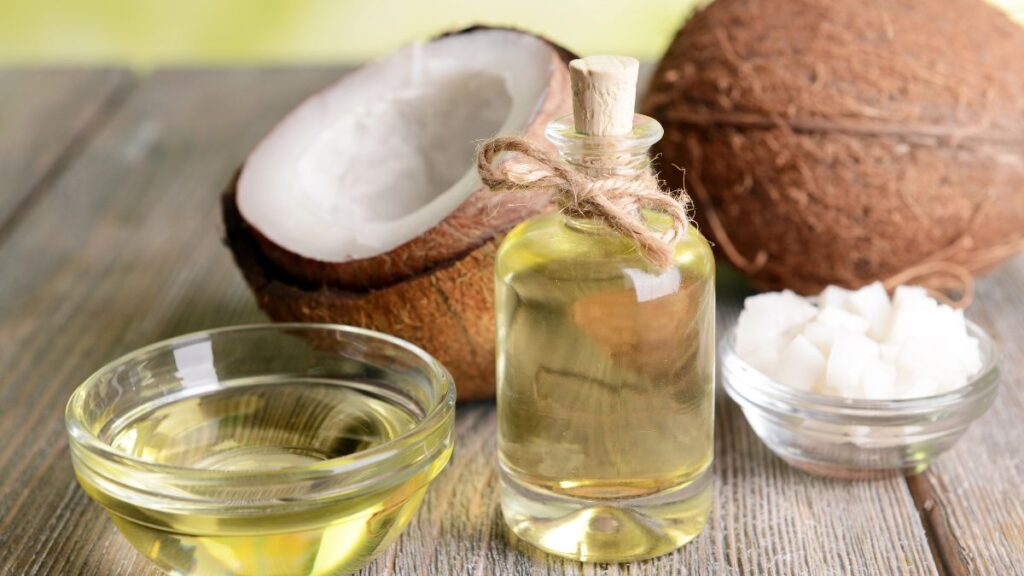
Coconut oil has been touted as a healthy alternative to traditional cooking oils, with claims that it can boost metabolism and improve heart health. While it’s true that coconut oil contains medium-chain triglycerides (MCTs), which may offer some health benefits, it’s also high in saturated fat.
Excessive consumption of saturated fat can raise cholesterol levels and increase the risk of heart disease. It’s best to use coconut oil in moderation and stick to healthier oils like olive or avocado oil for everyday cooking. This is one fad where moderation is key.
Detox Teas
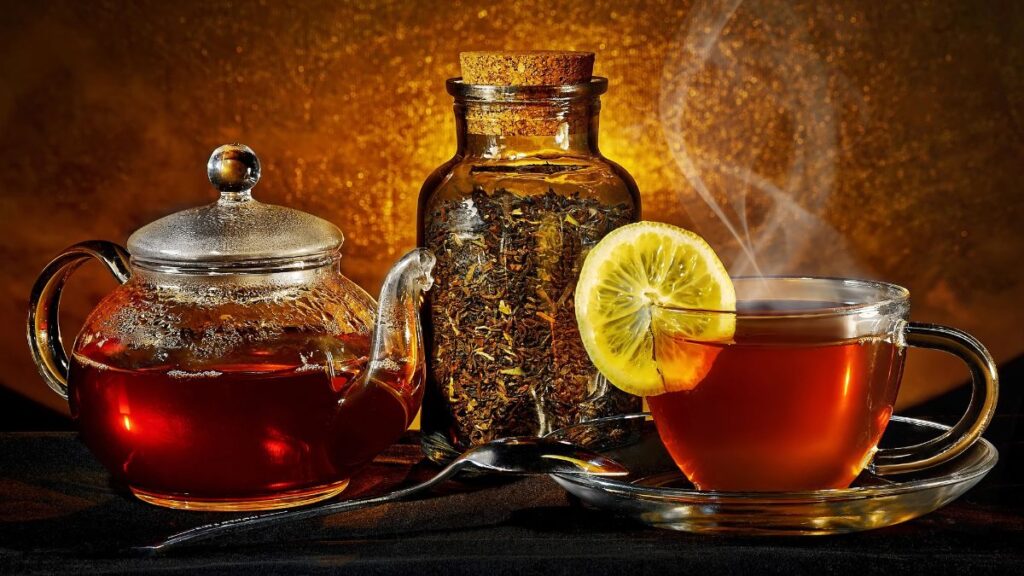
Detox teas are marketed as a quick fix for weight loss and body cleansing, often containing laxatives or diuretics. While they may cause temporary weight loss by making you lose water weight, they can also lead to dehydration and electrolyte imbalances.
Detox teas don’t provide any real long-term health benefits and can even be harmful if used frequently. Your liver and kidneys naturally detoxify your body, so there’s no need for special teas. Instead of relying on detox products, focus on a balanced diet and regular exercise to maintain a healthy lifestyle.
Matcha
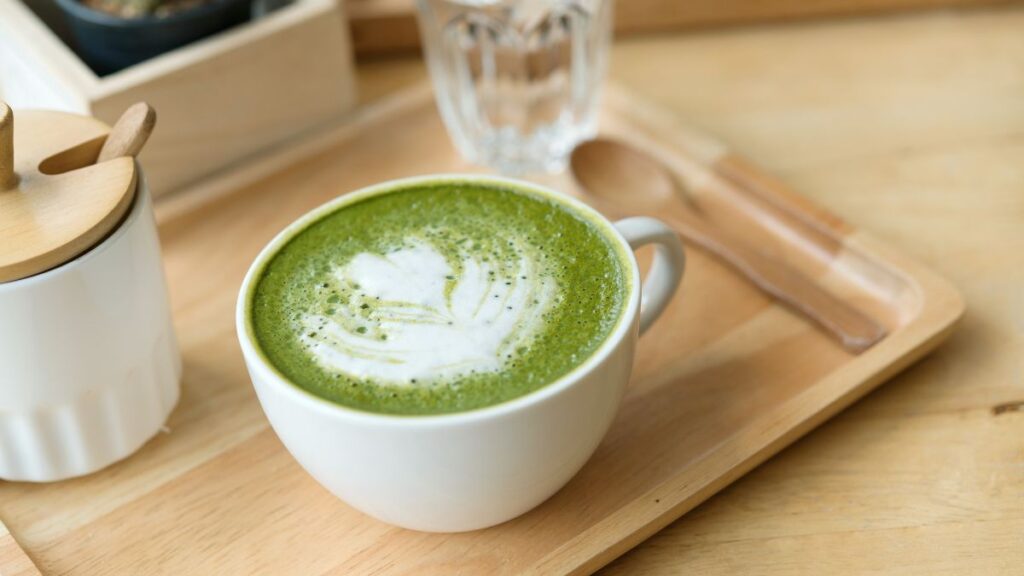
Matcha, a powdered green tea, has gained popularity for its high antioxidant content and potential health benefits. It contains more concentrated antioxidants than regular green tea, which can help reduce inflammation and protect against chronic diseases.
Matcha also provides a natural source of caffeine and L-theanine, which can promote alertness without the jittery effects of coffee. Just be mindful of how much you consume, as too much caffeine can lead to restlessness or anxiety. When enjoyed in moderation, matcha is a healthy and energizing addition to your diet.
Bone Broth

Bone broth has become a popular health trend, especially for its potential benefits to gut health and joint support. It’s made by simmering animal bones and connective tissues for an extended period, which releases collagen, minerals, and amino acids. These nutrients may help promote healthy skin, reduce joint pain, and improve digestion.
While bone broth can be a nutritious addition to your diet, it’s not a cure-all. It’s also important to consume a balanced diet that includes a variety of nutrient-dense foods. Bone broth is healthy, but it’s not magic.
Keto Diet
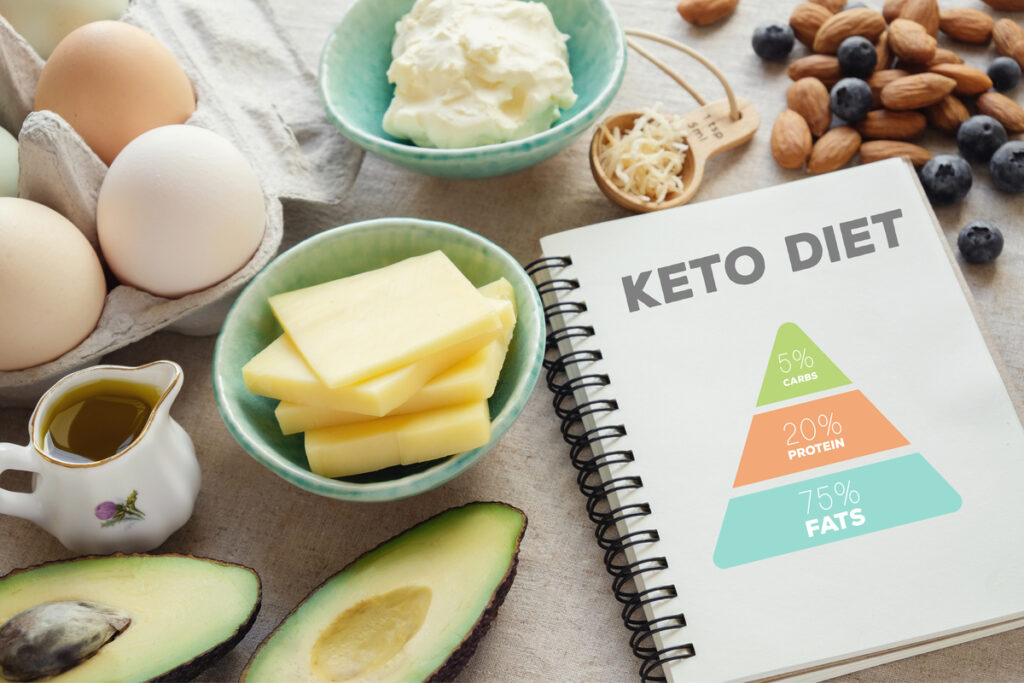
The keto diet, which involves eating very low carbs and high fats, has gained a lot of attention for its potential weight loss benefits. It forces your body into a state of ketosis, where it burns fat for energy instead of carbs. While some people see success in this diet, it’s not suitable for everyone and can be hard to maintain long-term.
The lack of carbs can lead to nutrient deficiencies and may negatively impact your heart health if not done carefully. If you’re interested in keto, it’s important to do thorough research and consult a nutritionist. This fad can be beneficial, but it’s not without risks.
Acai Bowls
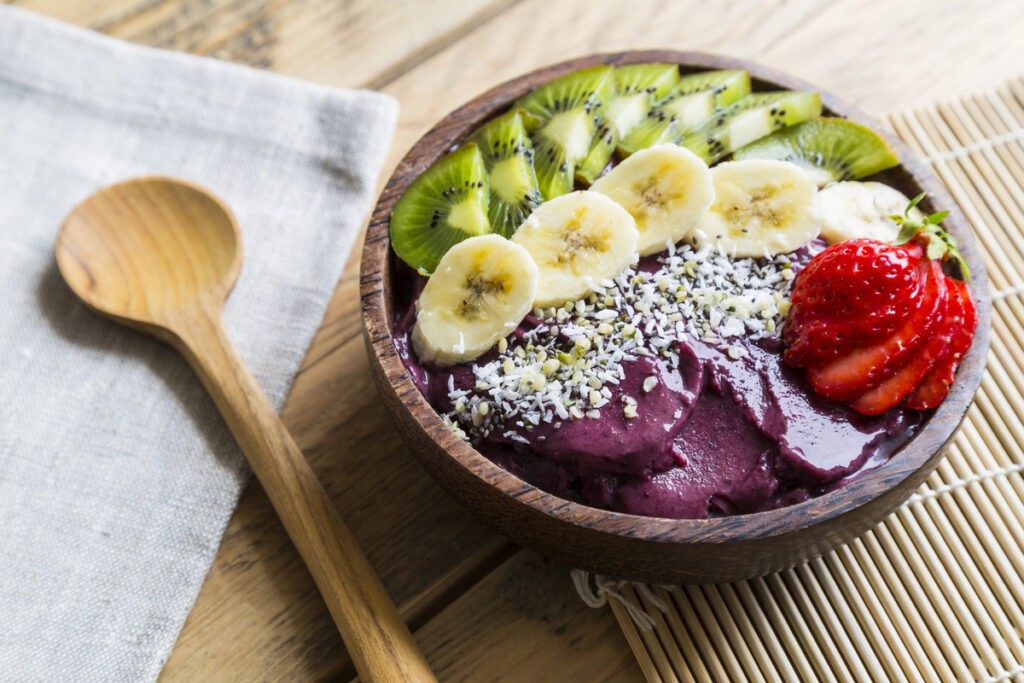
Acai bowls, made from acai berries and topped with fruits, nuts, and seeds, are often marketed as a superfood breakfast. Acai berries are high in antioxidants, fiber, and healthy fats, supporting heart health and reducing inflammation.
However, many acai bowls from cafes or stores are loaded with added sugars and high-calorie toppings, which can make them less healthy. Making your acai bowl at home with fresh, whole ingredients and minimal sweeteners can be a nutritious and delicious meal. Just be mindful of portion sizes and added sugar.
15 Grocery Items to Stock Up On Before Winter Price Hikes

As winter draws near, temperatures rise, as do grocery prices. The colder months often bring higher food costs due to increased demand, supply chain challenges, and seasonal shortages. To avoid the shock of winter price hikes, stock up on certain pantry staples and essential items.
15 Grocery Items to Stock Up On Before Winter Price Hikes
15 Places Where You’re Expected to Tip—But You Really Don’t Have To

Tipping has become a widespread practice in many industries, with the expectation that you’ll leave a little extra for good service. However, not every situation truly warrants a tip, even if you feel pressured to give one.
15 Places Where You’re Expected to Tip—But You Really Don’t Have To



